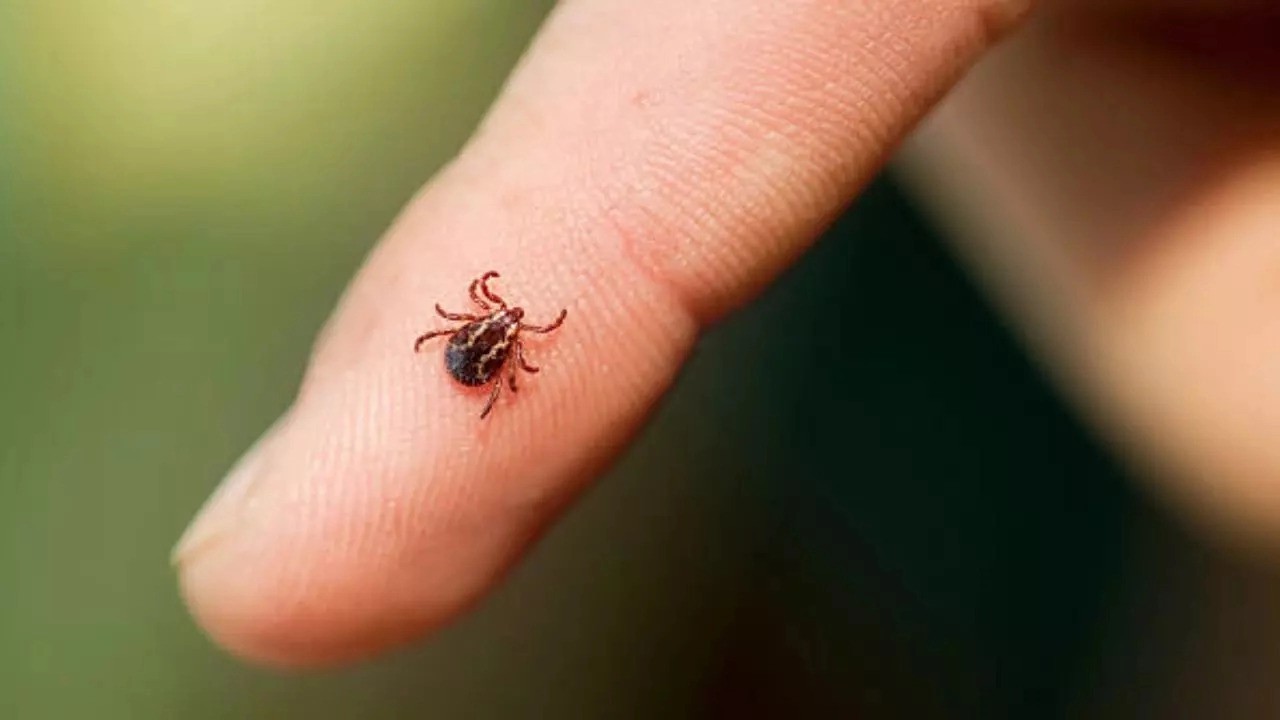Scientists warn of a newly discovered tick-borne disease called Wetland virus (WELV) in China. A member of the orthonairovirus genus, WELV was first identified in a 61-year-old man from Inner Mongolia who was bitten by a tick at a wetland park in 2019.
First Patient Shows Severe Symptoms
The man sought medical attention for “persistent fever and multiple organ dysfunction,” according to the study published last week in the New England Journal of Medicine. Researchers from the Beijing Institute of Microbiology and Epidemiology isolated the virus from him, officially identifying it as WELV.
Virus Detected in Additional Patients

The team detected the virus in 17 other patients in China using laboratory testing. The study noted that symptoms included fever, headache, dizziness, muscle pain, fatigue, back pain, arthritis, swollen lymph nodes, and neurologic issues. Some patients also had petechiae—spots on the skin caused by bleeding from capillaries.
Potential for Brain Damage and Death
When injected into mice and hamsters, the virus was shown to cause brain damage and death. The Wetland virus is similar to the Crimean-Congo hemorrhagic fever, which causes fever, headache, muscle pains, vomiting, diarrhea, bleeding into the skin, and liver failure in severe cases.
Challenges in Diagnosis
Diagnosing the Wetland virus could prove to be a challenge because its symptoms usually match that of a “non-specific illness,” the researchers noted. “Improving surveillance and detection for emerging orthonairoviruses will allow a better understanding of the effect that these viruses have on human health,” they wrote.
Expert Opinions on the Threat
Dr. Marc Siegel, senior medical analyst for Fox News and clinical professor of medicine at NYU Langone Medical Center, emphasized the significance of the findings. “This can cause hemorrhagic fever and can be quite deadly,” Siegel, who was not involved in the study, told Fox News Digital. “It’s worth keeping an eye on but is very rare.”
Dr. Edward Liu, chief of infectious diseases at Hackensack Meridian Jersey Shore University Medical Center, noted that tick-borne diseases typically don’t spread quickly. “They slowly expand their territory as ticks shift their environments but are nothing like respiratory viruses, which transmit much more easily and literally can spread from continent to continent in one day,” he told Fox News Digital.
No Immediate Pandemic Concern
“I am not worried about a COVID-19-type pandemic,” Liu added.
He did, however, echo Siegel’s warning of potentially fatal ramifications, as the Wetland disease causes hemorrhagic fever, which can be deadly. “Elderly people and immunocompromised patients are at the greatest risk,” Liu said.
Prevention is Crucial

According to the U.S. Centers for Disease Control and Prevention (CDC), to protect against tick bites, it’s important to avoid areas where ticks may live, including wooded, grassy, or brushy areas.
They recommend treating clothing and gear with products containing 0.5% permethrin and using EPA-registered insect repellents like those containing DEET.
Stay Vigilant After Outdoor Activities
The CDC advises checking clothing, gear, and pets for ticks after spending time outdoors. It is best to shower within a couple of hours and do a full-body check. Clothing can be dried at high heat for 10 minutes or washed with hot water to kill ticks.
Funding and Further Research
The study at the Beijing Institute of Microbiology and Epidemiology was funded by the National Natural Science Foundation of China and the Chinese Academy of Medical Sciences Innovation Fund for Medical Sciences.



